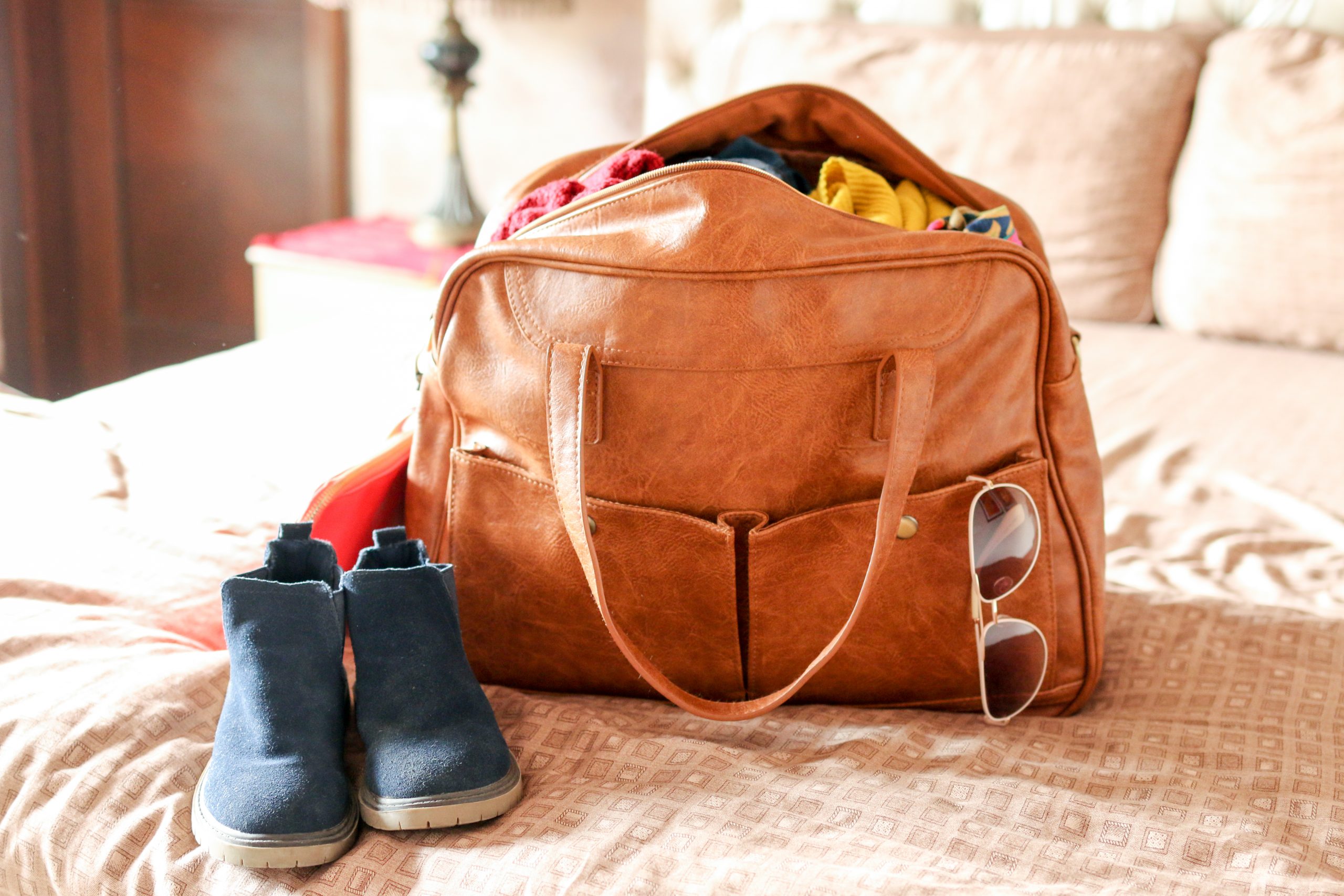Packing for a trip can be a daunting task. Whether you’re heading out for a weekend getaway or an extended vacation, deciding what to bring and what to leave behind is essential for a stress-free experience. Overpacking can weigh you down, while underpacking can leave you unprepared. Here’s a guide to help you pack efficiently, with tips, tricks, and insights on what you truly need for your trip.
1. Start with a Packing List
Creating a packing list is one of the easiest ways to ensure you don’t forget essential items or overpack things you won’t use. A well-thought-out list will keep you organized and focused on the necessities.
Tip: Begin by listing must-have items, such as travel documents, medications, and electronics, and build your list from there. Customize it based on your destination, length of stay, and the activities you plan to do.
Insight: Categorizing your list into sections like clothing, toiletries, electronics, and travel essentials makes it easier to stay organized. Apps like PackPoint or Google Keep can help you create and manage your packing lists digitally.
2. Pack Versatile Clothing
Clothing can easily become the bulk of your luggage if you’re not careful. To minimize what you bring, focus on packing versatile pieces that can be mixed and matched for multiple outfits.
Tip: Choose neutral-colored clothes that can be layered and dressed up or down. For example, a basic black dress can work for both casual daywear and a dressy evening look with the right accessories. Similarly, lightweight pants and simple tops can be mixed in different combinations.
Trick: Stick to the “3-2-1 rule” for trips under a week: pack three tops, two bottoms, and one dress or jacket, and you’ll have a variety of outfits without overloading your suitcase.
Insight: Remember to check the weather forecast for your destination. Packing for the climate will save you from bringing unnecessary items, like heavy jackets when a light sweater will do.
3. Don’t Overpack Toiletries
Toiletries are another area where travelers tend to overpack. Most hotels and accommodations provide basic toiletries like shampoo and soap, so there’s no need to bring large bottles.
Tip: Use travel-sized containers for your favorite toiletries and only bring the essentials—like deodorant, toothpaste, and any prescription items you need. For longer trips, consider buying items like sunscreen or shaving cream at your destination to save space in your luggage.
Trick: Invest in a reusable travel toiletry kit that includes TSA-approved bottles. You can refill these with your own products, reducing waste and ensuring you have just enough for your trip.
Insight: Remember that liquids need to comply with airline restrictions. Pack all liquids in a clear, resealable bag to pass through security smoothly. Stick to the 3-1-1 rule: each liquid must be in a 3.4-ounce (100 ml) or smaller container, placed in one quart-sized, clear plastic bag, with one bag allowed per traveler.
4. Prioritize Electronics Wisely
While it’s tempting to bring every gadget, unnecessary electronics can add weight and take up valuable space. Be strategic about what tech items you bring.
Tip: Pack only the electronics you know you’ll use daily, such as your smartphone, charger, and perhaps a lightweight tablet or e-reader. If you don’t need a bulky laptop or a professional camera, leave them behind and enjoy traveling light.
Trick: Bring a portable charger or power bank to keep your devices charged during long travel days. Also, don’t forget a universal power adapter if you’re traveling internationally.
Insight: Download maps, entertainment, and travel apps ahead of time to avoid needing Wi-Fi access. Offline capabilities in apps like Google Maps, Spotify, or Netflix can save you from having to bring extra devices for entertainment.
5. Leave Room for Souvenirs and Purchases
If you plan to shop or bring home souvenirs, make sure you leave enough space in your luggage for these items.
Tip: Pack a foldable tote bag or a compressible backpack. These lightweight, space-saving bags can be used to carry extra items on the way back without adding bulk to your initial packing.
Insight: To avoid the temptation of overbuying, set a shopping budget and make a mental note of what kinds of souvenirs you really want. Keeping space in mind will help you stay selective and prevent overpacking on the return trip.
6. What to Leave Behind
Packing efficiently also means knowing what not to bring. Avoid items that are redundant, bulky, or unnecessary.
Tip: Leave behind bulky shoes that won’t be worn more than once or twice. Instead, pack versatile footwear—such as comfortable sneakers for walking and a pair of dress shoes if needed.
Trick: Skip packing extra towels, hairdryers, or heavy books. Most accommodations provide towels and hairdryers, and you can bring an e-reader instead of a stack of books.
Insight: Bringing less helps you avoid checked baggage fees, reduces the chance of losing items, and makes your travels easier and lighter.
